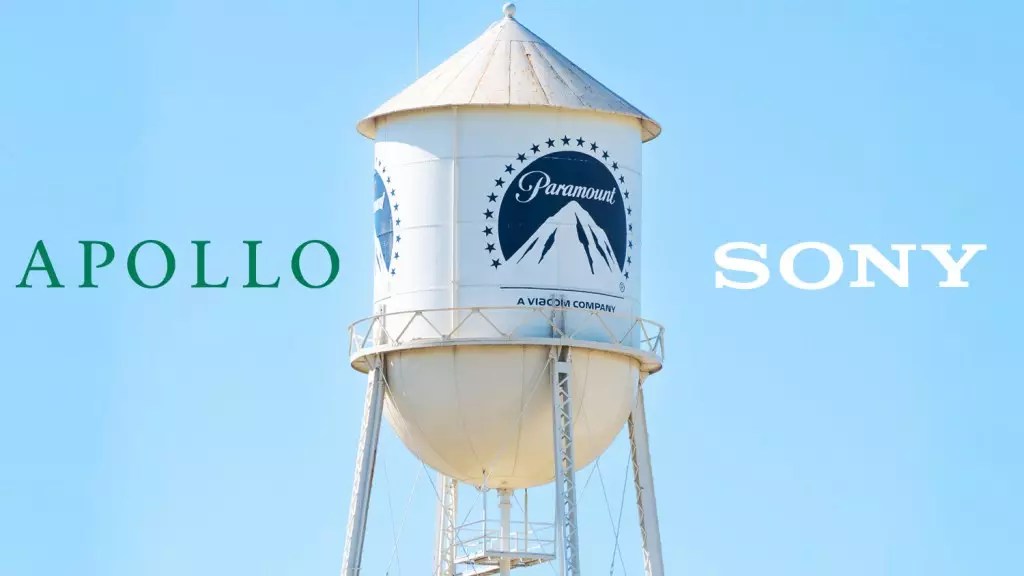If Sony and Apollo were to acquire Paramount Global, their main strategy would involve maintaining the current level of theatrical release output from both studios. Reports suggest that they do not plan to reduce the number of movies hitting the big screen. However, part of their plan includes cutting some of Paramount’s more burdensome assets, such as CBS, linear channels like MTV, and the Paramount Plus streaming service. This decision could potentially streamline operations and focus on core business activities.
The news of the potential merger has sparked mixed reactions in the entertainment industry. While some believe that maintaining theatrical output is a positive move, others express concerns about the implications of such a deal. There are fears that a merger between Sony and Paramount could lead to a reduction in the number of films produced, similar to what happened after the Disney-Fox merger in 2019. With only 12 titles planned for 2024 across Disney-owned studios, exhibitors worry about further losses in the marketplace.
One major hurdle that Sony and Apollo would have to overcome is the scrutiny from regulatory bodies such as the FCC. Foreign-owned conglomerates are typically not allowed to own U.S. broadcast stations, which could pose a challenge for Sony if they were to merge with Paramount. Additionally, the merger would require approval from the Justice Department’s Antitrust division, the FTC, and the FCC, all of which have raised concerns about job losses in horizontal mergers.
Combining the box office revenue of both Sony and Paramount could create a powerhouse in the entertainment industry. Last year, the two studios collectively grossed $2 billion globally. If they were to merge, their combined output could rival that of major players like Universal and Disney. This could potentially lead to an increase in theatrical releases, with a vision of around 20 wide releases per year to compete with streaming giants.
Despite the interest from Sony and Apollo, there are some who believe that Paramount’s parent company, Shari Redstone, might choose to go it alone. This third option suggests that Paramount could remain independent and forego any potential mergers. However, the sustainability of this decision remains uncertain in an increasingly competitive industry.
In the event of a merger, Sony and Apollo would likely merge their marketing and distribution operations to create a more streamlined process. This could lead to greater efficiency and potentially enhance the reach of their film releases. There are also discussions about the future of Paramount’s OTT service, with speculation that it could be sold to Comcast’s Peacock or Warner Bros Discovery’s Max.
The potential merger between Sony and Paramount, backed by Apollo, holds significant implications for the entertainment industry. While the strategy to maintain theatrical release output is promising, there are concerns about regulatory hurdles and the impact on the marketplace. Ultimately, the decision on whether to proceed with the merger lies in the hands of stakeholders and regulatory bodies, and the long-term effects remain to be seen.


Leave a Reply